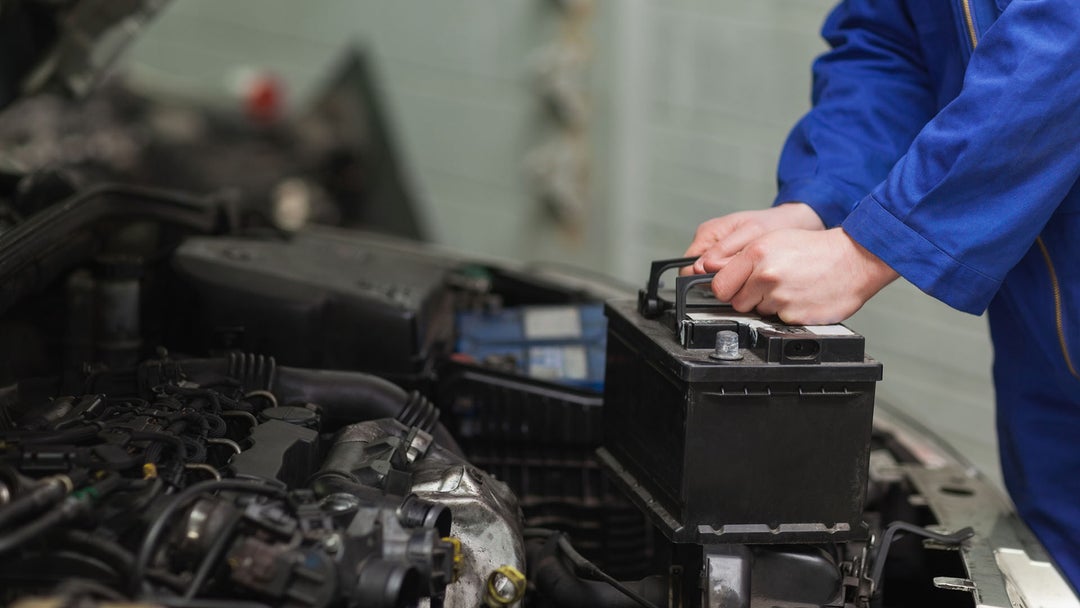Car batteries must be properly maintained to ensure long and reliable service life. This is because a working battery lessens the strain on other parts of the engine, such as the alternator, and helps your vehicle’s overall life and value. In addition, a dead battery can leave you stranded on a long road trip, which can be dangerous.

Avoid Frequent Short Trips.
Most experts in car batteries Winter Garden, FL, mentioned that to take good care of your car’s batteries, avoid making frequent short trips. Short trips deplete the battery’s charge and prevent it from recharging fully. In addition, they cause excessive wear on the battery, which decreases its life. Instead, make longer trips and keep a portable battery charger in the trunk.
If you do not make long trips, avoid frequent short trips. This will reduce the stress on your battery. You can also extend the time between short trips. If you drive often, you should leave the car for at least 30 minutes before you start it.
Clean The Top Of The Battery
You can use a small amount of water and a wire brush to clean the top of your car battery. Scrub the battery terminals with the brush to remove any corrosion. Then, use steel wool to clean the clamps and internal battery terminals. After cleaning the battery, apply a layer of petroleum jelly to protect the terminals and clamps from further corrosion.
You can also use a solution made of baking soda and water to clean the battery’s terminals. This method is effective because it triggers a chemical reaction that loosens the corrosion.
Avoid Parking In The Shade.
Summer temperatures are harsh on our cars and can directly impact battery life. Taking the necessary precautions to avoid parking in the sun or a shaded area can help your batteries last longer. You should also inspect the battery terminals for corrosion. If you encounter trouble starting your vehicle, you should also be prepared with jumper cables.
The summer season is the hottest time of the year, and excess car battery drain is common. To avoid such situations, parking your car in a garage or covered parking is advisable. During these hot months, the batteries in our cars can experience a 25 percent shorter lifespan.
Check The Voltage Of The Battery.
Check the voltage of your car battery using a multimeter. Plug the multimeter’s leads into the positive and negative battery terminals. The meter should read between 14 and 20 volts. If the reading is less than that, your battery has a problem. You may need to charge or replace your battery if it’s above or below the recommended voltage.
The voltage of your car battery is vital for the proper functioning of your vehicle. Without it, your vehicle will not start or run. So, it’s important to check your car battery’s voltage frequently to ensure it has enough juice to keep your car running.
Store The Battery In A Cool Place
There are a few important rules to follow when storing your car battery. First, make sure the battery is completely disconnected from your car. Then, remove it from under the hood and store it in a cool, dry place. Ideally, the battery should be kept between 59 degrees F and 15 degrees C. Also, you should avoid placing the battery in direct sunlight and dusty areas. Finally, you should check the battery monthly to ensure it still holds a charge.
Another important tip is ensuring the battery is in a cool, dark place. The best place to keep your car battery is at home, but it is best to keep it in a storage closet in a room that is not extremely warm.
Test The Battery Regularly.
Your car’s battery is a vital component. It powers the vehicle’s electrical components, and a low battery can impact your car’s performance and make it impossible to start. Therefore, it is important to test the car battery regularly to ensure it is in good condition. Test the battery strength with a voltmeter or a multimeter.
The battery should be tested at least twice per year. Ideally, you should have it checked every six months or every 6,000 miles. If unsure, you can consult your owner’s manual for the proper frequency.
